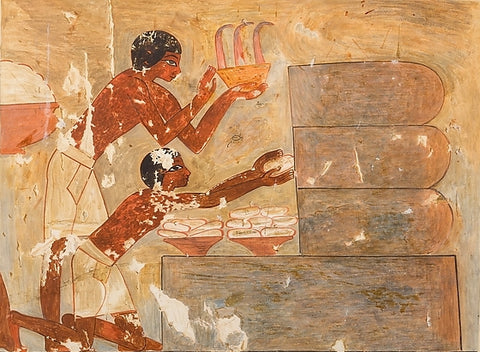FAQ
Q: What's the shelf life of honey?
A: If stored under the right conditions, honey won't spoil. Archeologists in Egypt have found 3000 year old honey that was still edible.

Q: How should I store honey?
A: While honey can store for pretty much forever, honey's biggest enemy is water. Honey sucks in moisture, which can result in fermentation to start. This is why it is recommended to keep your honey in an air tight container or jar. If you're planning to eat your honey within a few weeks, a honey jar, ideally with a lid, is a great way to store and serve your honey.

Q: Is honey vegan?
A: Many of our friends and customers on plant-base diet love our honey. They love it, because of a number of reasons. First, and foremost, we keep our bees under very humane circumstances. We don't exploit them, we don't treat them with chemicals, we don't take them for pollination. In our world bees come first, people second. Another reason many on plant-based diet enjoy honey is because honey is made of nectar. Bees collect nectar from flowers, they store it, supervise the curing or fermentation that it goes through, dry it, and when ready, "cap" it. Capping is the process, when the bees cover the honeycomb cell containing the finished "product".
Having said that, many of those, who are on strict vegan diet don't eat honey since animals are instrumental in creating it, it's collected and "processed" by bees.

Q: Is your honey organic?
A: As of 2021, the USDA won't certify honey as organic. Even if all the crops in a 5 mile radius is organic, honey made in the US cannot be labeled organic. Our honey is as close to organic as it gets. We don't treat our bees with antibiotics, artificial or natural chemicals at all. We treat our beehives as we treat food in our kitchen. Also, studies show that suburbs are a lot less exposed to pesticides, fungicides and other chemicals that the bees may be exposed to than agricultural fields. This is what makes our honey is clean, healthy, and flavorful.
Q: How do you harvest honey?
A: While most beekeepers and industrial apiaries use a honey extractor, spinning the honey out of the honey frames, we use an ancient method, called crush and strain. The large scale extraction method mixes the honey from multiple hives or even apiaries, resulting in a single blended honey harvest. Our old-school way allows us to keep the frames coming from different colonies separate. Our attention to detail results in honey that tastes unique and clean - just as the bees would consume it.
Another benefit if the crush and strain method is that bees get to store honey in fresh, clean honeycomb every year. This way, pollutants don't accumulate in the beeswax, and it's clean and fresh every year, contributing to superb honey quality as well.
Q: Isn't it morally wrong to take honey from bees?
A: In our apiaries the beekeeper's responsibility is not to represent humans or honey production; but rather to represent the interests of the bees. A knowledgeable beekeeper knows how much honey a colony needs. In colder climates, bees need significantly more honey for the winter, as that's what they use to heat the beehive. In warmer climates, like ours, there's often surplus honey that they collect, but don't use. We don't take away the honey from the bees, we only harvest the surplus that bees don't or can't eat.